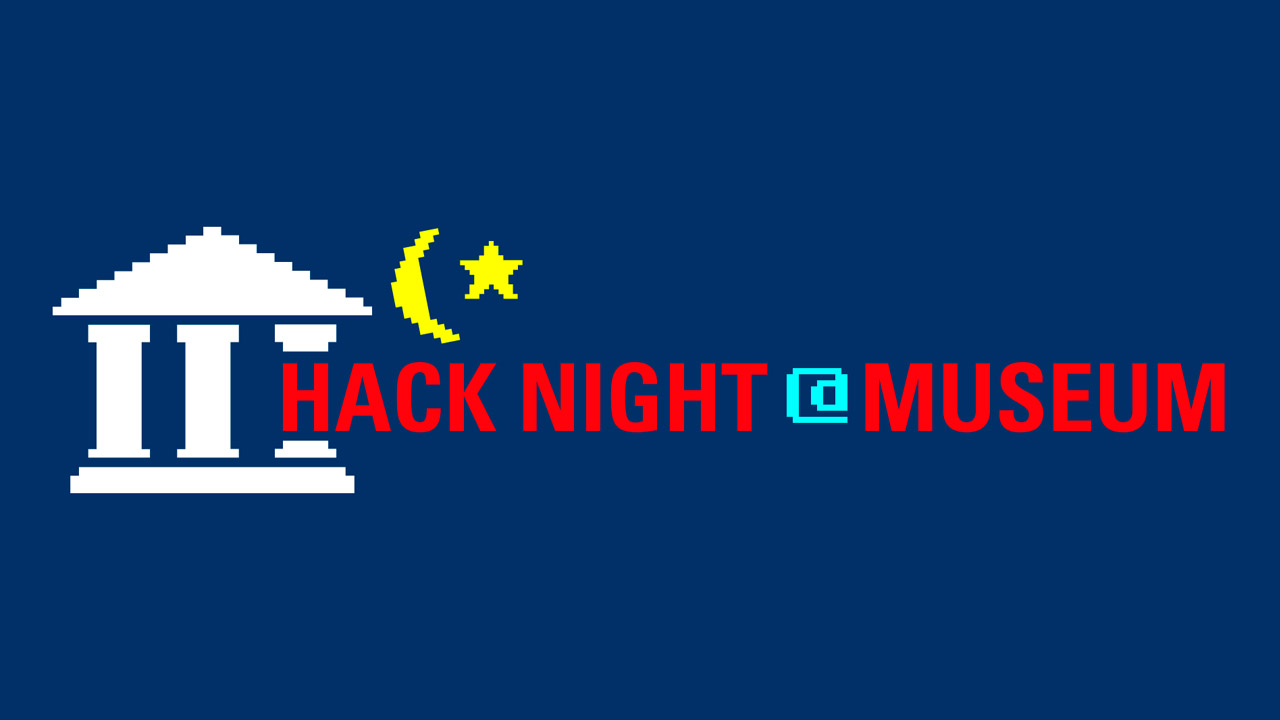
04-10-2019
Maker Faire stops in Naples from tomorrow: The Congress Center of the “Federico II” University of Naples and the Santi Marcellino and Festo Complex will house The Big Hack - HackNight@Museum, a two-day event dedicated to technology and the sharing of knowledge to promote a culture of innovation in a vibrant and increasingly competitive territory.
The Marathon is among the activities of the build-up to the Maker Faire Rome – The European Edition, to be held at the Rome Exhibition Center (Fiera di Roma) from October 18th to 20th.
To developers, makers, engineers, designers, startuppers, students and communication experts, AlmavivA launches the challenge: “Hack waste!”
“Nothing is created, nothing is lost, everything is transformed”: can this principle turn into an imperative to be virtuously pursued in our society? Can this process be governed instead of being accepted passively?
Only 43% of plastic is recycled, while 40% ends up in waste-to-energy plants and 16.5% in waste dumps. This data is even more worrying when we look at the global figures: in its 2018 report “Improving markets for recycled plastics: Trends, prospects and policy responses,” the OECD revealed that only 15% of plastic waste is recycled in the world, while 25% is burned in waste-to-energy plants and incinerators, and the remaining 60% is sent to waste dumps, is burnt outdoors – releasing pollutants and greenhouse gases – or ends up in the environment.
Through the adoption of circular economy principles, the local, national and European public administration bodies are attempting to mitigate the risks and impacts of adverse effects in order to identify sustainable long-term solutions. However, the implementation of the public policies adopted is made even more complex owing to the several dimensions involved: social, economic and environmental.
So, here’s the challenge: can digital technology become a driver for the diffusion of a new paradigm? Can the new technologies—IoT, blockchain, machine learning, artificial intelligence—be used to encourage industrial innovation and sensitize the community in relation to the sustainable management of waste?
The AlmavivA challenge at The Big Hack has this goal, which can be pursued, for example, through systems that reward whoever recycles virtuously (gaming) and through the creation of collaborative communities. Public administration bodies could benefit from this approach, thanks to the monitoring of waste management data which could emerge from an effective response to the challenge.
Are you ready?
Find out more on the website of The Big Hack


